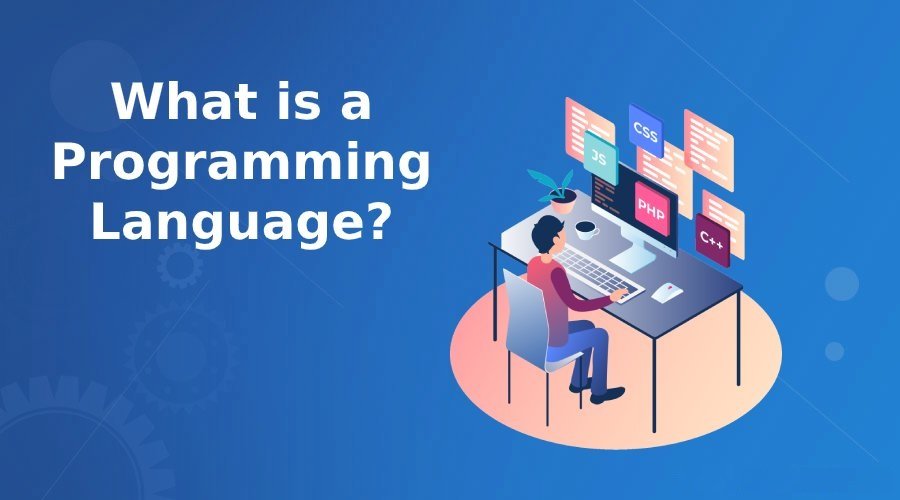Education is a powerful tool that not only increases a person’s knowledge and understanding but also helps to shape their values and attitudes. Education, in its broader sense, can be seen as the means to equip individuals with the necessary skills and knowledge required to effectively participate in society. It is an essential means of empowerment which acts as a pathway to greater freedom and choice. In this article, we will examine why education is essential, and how educational systems can be improved to ensure everyone has the opportunity to get an education that will be of benefit.
Education and Economic Well-Being
The importance of education for economic well-being cannot be underestimated. Education plays a significant role in improving the financial standing of countries and facilitating economic growth. For example, well-educated people are more likely to be able to find jobs that are better paid and progress further in their careers, potentially reaching higher levels of responsibility.
This means that a higher level of education can help countries to raise their overall rates of economic activity, improved the standard of living for citizens and, in turn, the quality of life. An educated population, therefore, can be seen as an investment with positive economic returns.
Education and Community Development
The benefits of education for the development of a community cannot be overlooked. Education provides citizens with the skills and knowledge to participate in civic life, and to make informed choices in their voting, consumer spending, and other decisions.
In addition, education helps to create a sense of unity, identity, and place within a community. It gives citizens a platform to debate and discuss issues from many perspectives and to work to create a common vision that works for the benefit of the whole group.
Finally, education can act as a vehicle for change – preparing citizens with the skills they need to take part in projects of self-development or to stand for office.
Education and Poverty
Education can also play an important role in reducing poverty. Education equips individuals and whole communities with the skills that improve their prospects of a better life. Improved access to education for those individuals and communities trapped in poverty is seen as a tool to break the cycle of poverty and deprivation.
Furthermore, by investing in educational initiatives now, we can help to reduce the inequality between the rich and the poor, over time. Education can equip citizens in poorer countries with the skills needed to improve their working and living conditions.
Education is, therefore, an essential part of the fight against poverty and inequality.
How Can We Improve Access to Education?
Despite the importance of education, there remain many individuals, communities, and countries which still lack adequate access to educational opportunities. This can be improved by implementing measures such as:
Providing Incentives for Education
One of the most effective ways to encourage more people to stay in education or to pursue further educational opportunities is to offer incentives. There should be financial aid for those who wish to attend school or rewards for those who complete courses or gain qualifications. Incentives, such as free books, student housing, and transport subsidies, should be provided to those who need them.
Improving School Infrastructure
Having adequate school infrastructure is essential for ensuring that all citizens have access to education. This means that governments should invest in the provision of schools across the country, ensuring that every child, regardless of their geographical location, can have the opportunity to go to school.
Furthermore, financial resources should also be made available to improve the quality of existing infrastructure, ensuring that all of those in education are doing so in a conducive learning environment.
Providing Resources
In addition to the physical infrastructure needed for educational environments, there must also be an adequate provision of educational resources. This includes not just books and materials but also trained staff to deliver the material and to assist those in need.
Conclusion:
In this article, we have looked at the importance of education and the ways in which access can be improved. We have seen that education is essential for economic development, community development, and combating poverty and inequality. We have also discussed ways to improve educational access, such as providing incentives for education, improving school infrastructure, and providing resources.
Ultimately, education is a powerful tool that can give individuals the power to shape their own lives. Everyone, regardless of their circumstances, should be given the opportunity to gain an education and to reap the many benefits that it can bring.










